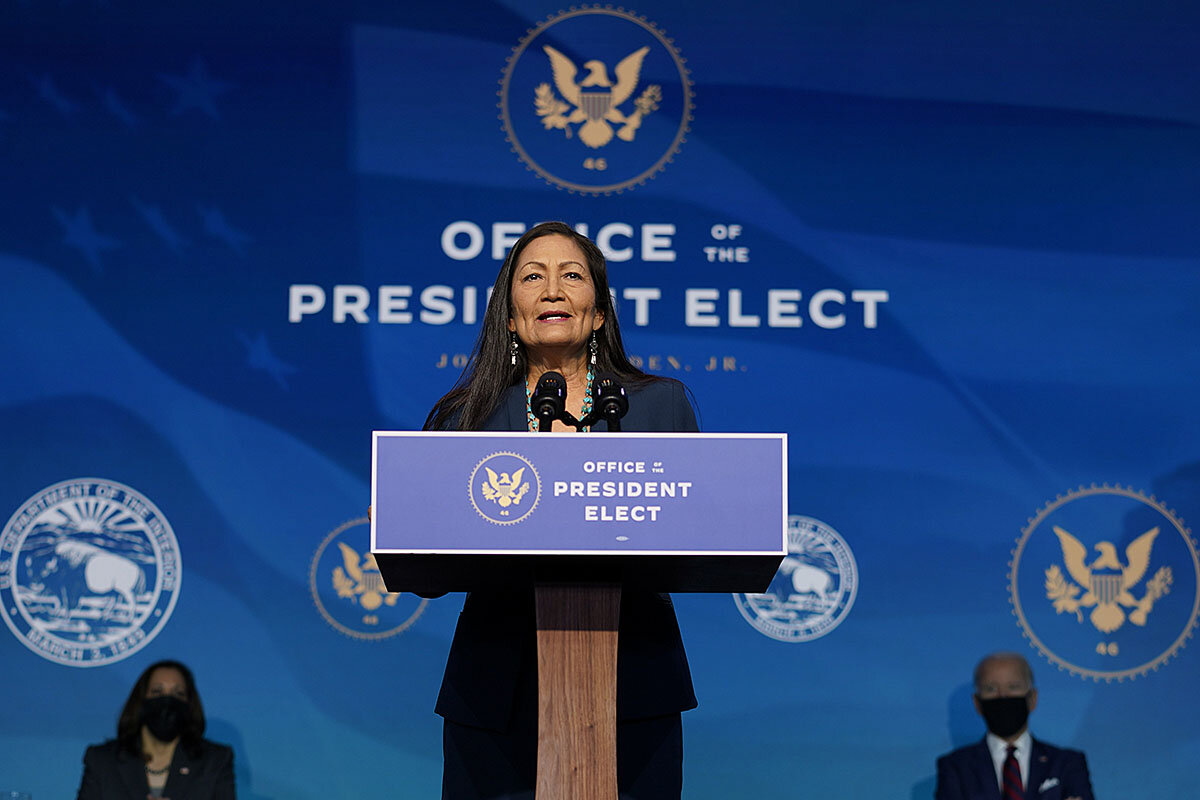President-elect Joe Biden has made cross-aisle outreach a core competency. Our writer spoke with the senator and fellow Democrat most often hailed as his special liaison in that work.
Monitor Daily Podcast
- Follow us:
- Apple Podcasts
- Spotify
- RSS Feed
- Download
 Clayton Collins
Clayton Collins
After today, sunlight starts to linger longer in the Northern Hemisphere.
It may be hard to find solace in more light. New threats flare around global public health, the U.S. political transition, cybersecurity. There’s blame and broken discourse.
It can be tempting to assemble facts and just keep slinging them.
“But facts aren’t reliably corrective in and of themselves,” writes Whitney Phillips, who teaches media and culture at Syracuse University, “especially when believers occupy a totally different ideological paradigm as the debunker.”
Addressing journalists for the media-watcher Nieman Lab, Dr. Phillips calls for coming to terms through listening, not just outputting. It’s a constructive formula for shifting thought.
“We develop our beliefs through our feelings, not our brains,” writes Amanda Abrams in Yes! magazine. “And that’s how we’re changed as well: by connecting with others and having an emotional experience.” Ways to get there include wider contact, earned trust, and storytelling.
Can this thinking trickle down? Politico’s Tim Alberta got 20 Americans to describe their thinking about the election. This isn’t dish-and-dash vox pop. Built from recurring chats, his story is an exploration of complexity over caricature. It may even help show a way out of the darkness.
“We just need leaders with the courage to honestly listen to all sides and try to lead a unified country, rather than push an agenda supported by less than half the country,” a California man told Mr. Alberta. “I do have confidence that we can work it out.”










